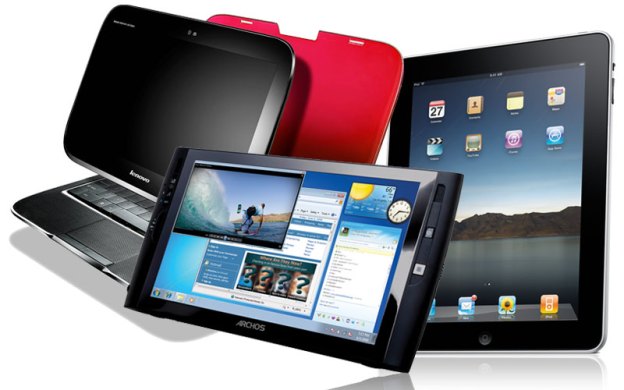
There’s no doubt about it: sales of tablets have been steadily increasing over the years, particularly now that there are so many affordable options for people to choose from. But as Mashable published earlier today, the uber mobile computers will outsell desktops this year, according to a report conducted by research group IDC. Tablet sales are expected to grow by 48.7 percent, while desktop sales will drop by 4.3 percent. What’s more, next year tablets will even begin to outsell laptops.
The trend, according to IDC, is due to the emerging market sales. “In emerging markets, consumer spending typically starts with mobile phones and, in many cases, moves to tablets before PCs,” said Megha Saini, a research analyst with IDC.
The report also says that “smart connected devices,” which consists of mobile phones, tablets, and PCs, last year grew an incredible 29.1 percent, to more than one billion devices, and an incredible estimated value of $516.9 billion. By 2017, that number is expected to jump to 2.2 billion devices and a value of $814.3 billion.
The two leaders in the smart connected device markets are Apple and Samsung. In the fourth quarter last year, Apple was responsible for 20.3 percent of the market, while Samsung had 21.2 percent. However, Apple claimed 30.7 percent of the revenues; Samsung trailed at just 20.4 percent.
Tablets have been advancing at an incredibly rapid pace, so, as more and more begin to provide the same functionality that desktops afford, coupled with the dropping prices and mobility, we’re not at all surprised to learn this.
So what about you? Do you consider yourself a tablet or desktop person?
Editors' Recommendations
- Our 5 favorite tablet deals in Best Buy’s ‘3-Day Sale’
- Cyberattacks have nearly doubled since last year, report says
- Apple will relaunch the iMac with a new 23-inch screen this year, report says


